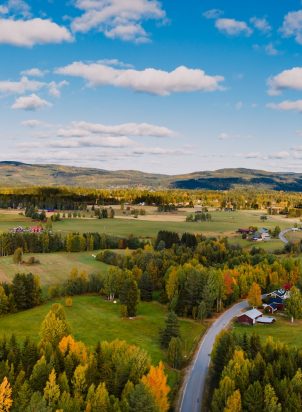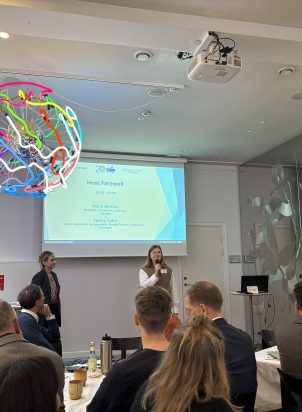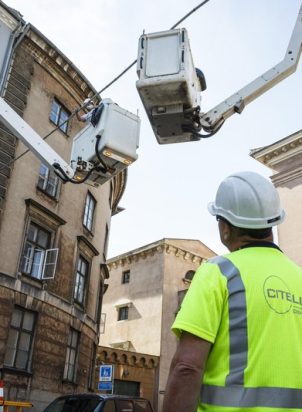70% of the globe is made up of rivers, lakes, and seas. Due to competing uses and interests of countries and actors, sea areas can be difficult to plan and manage. But this planning, just like land-use planning, is essential to ensure sustainable ecological, economic, and social outcomes. Modern challenges in Marine Spatial Planning (MSP) require cross-sectorial collaboration and integration of innovative practices within current frameworks.
“Marine or maritime spatial planning involves planning marine activities with various stakeholders, including environmental aspects,” explains Kerstin Bly Joyce, senior research advisor at Nordregio. The EU Maritime Spatial Planning Directive (MSPD), established in 2014, requires EU Member States to create marine plans for designated sea areas. While planning their coastal and economic zones, the Nordic countries often need to coordinate within the region. “There’s a need for discussion and agreement on planning in these overlapping areas,” Bly Joyce points out. Cooperation is essential for adhering to international directives and the mutual benefits of shared marine spaces, also for non-EU members.
Green energy and blue food – a matter of coexistence
Nordregio has long conducted research in MSP but is now expanding its scope to address more touchpoints affecting it: the ongoing project ”Green Energy Meets Blue Food” addressing the coexistence of offshore wind farms and fisheries in the Nordics. “Balancing these needs is crucial as we move more of our energy production to marine settings,” Bly Joyce notes.
Digital Transformation in MSP
Another new aspect of MSP is the integration of digital tools to manage marine data and stakeholder interests more effectively. “Digitalisation can help incorporate diverse and local knowledge into MSP, ensuring that multiple perspectives are considered” explains Bly Joyce. At the same time, the digital transition can be a challenge to include local and traditional knowledge. Nordregio’s research project “Local Knowledge in Marine Spatial Planning: Green Transition and Digital Transformation” explores the integration of local knowledge and data in marine management and planning processes.
Cross-border cooperation essential
Participating in the “Northern European Sea Basins Project (NESBp)” exemplifies Nordregio’s role in facilitating cross-border cooperation. Building on the previous EU project, eMSP, the NESBp project aims to harmonise marine spatial planning across national borders, focusing on the exchange between the North Sea and the Baltic Sea, addressing ecological, economic, and social priorities. “In NESBp, our focus is on enhancing dialogue and cooperation between countries to manage marine resources more effectively. It’s about finding common ground and shared solutions in these regions, focusing on the North Sea where maritime activities are densely packed and diverse, and learning from the Baltic Sea”, Bly Joyce says.
Holistic sustainability and the seas
Bly Joyce highlights the complexity of marine issues, often referred to as “wicked problems”: intricate and impossible to solve by a single entity, requiring collective efforts and innovative governance structures. She emphasises the dual impacts of MSP on the environment, stating: “There are both positive and negative effects on the environment with marine spatial planning, but the crucial aspect, like all planning, is the consideration of environmental values and how we utilise the sea – for fishing, tourism, and even for those who don’t directly use it but benefit from its regulatory functions, like maintaining good water quality which is vital for a sustainable environment, food production, and resilient societies. However, if emissions increase or overfishing occurs, for example disrupting the salinity of the sea, it can adversely affect the ocean’s ability to regulate climate. This could result in our inability to sustainably harvest from our seas, swim in them, or even live near them due to flooding.”





